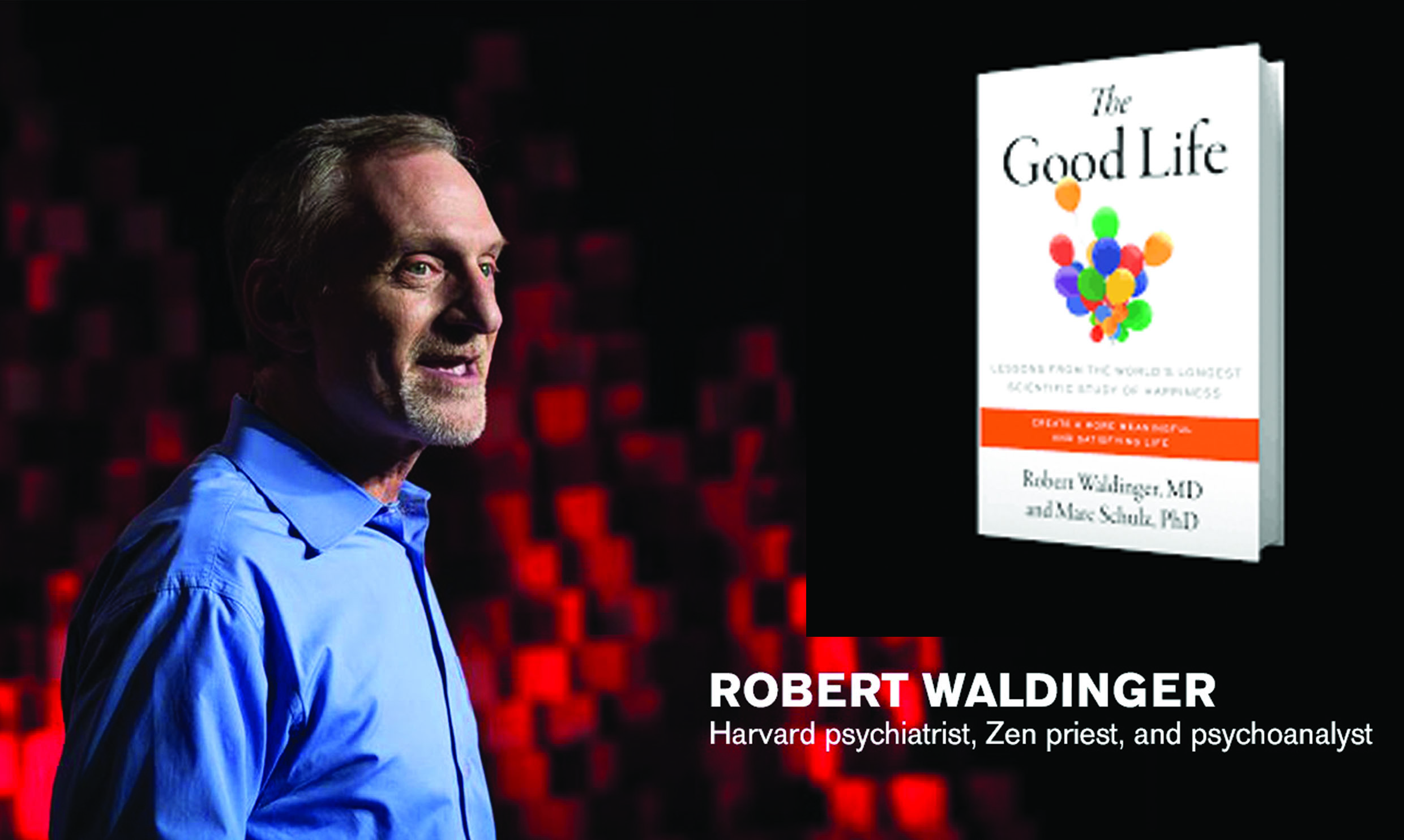Dr Saheb Sahu
What constitute a life well lived? What are the ingredients for lasting happiness? In their book “The Good Life: Lessons from the World’s Longest Scientific Study of Happiness,” the Harvard Psychiatrist Robert Waldinger and psychologist Marc Schulz, convey key lessons from the data collected from the Harvard Study of Adult Development(HSAD). The goal of the study is to find answers to what makes a happy and meaningful life. The study was started in 1938 in Boston and is continuing. For 85 years the HSAD has tracked an original 724 men and more than 1,300 of their male and female descendants over three generations and taking hundreds of measurements to find out what really keeps people healthy and happy. The book is based on 85th year of data collection and analysis.
Through all the years of studying these lives, one crucial factor stands out for the consistency and power of its ties to physical health, mental health and longevity. 85 years of follow up study boils down to a single principle for living: Good relationship.
Recent research has shown that chronic loneliness increases a person’s odds of death in any given year by 26%. There is also growing evidence (from multiple other studies) that loneliness is associated with greater sensitivity to pain, suppression of the immune system, diminished brain function and less effective sleep. In older people, loneliness is twice as unhealthy as obesity.
The Harvard study (HSAD)-supported by many other studies- shows that strong relationships make for a good life. Good relationship, keeps us healthier and happier. They are as important as proper nutrition, physical exercise and adequate sleep. What kind of relationship? All kinds. Marriage and long term relationships. Families, friends, and work colleagues. Friendship made in the place of worship, or play ground or the tennis court, in a book club; at a community gathering. Good relationship can be made anywhere and at any time in our lives.
The final paragraph from the book:
“Think about someone, just one person, who is important to you. It could be your spouse, your significant other, a friend, a coworker, a sibling, a parent, a child, even a coach or a teacher from your younger days…. Think about where they stand in their lives. What are they struggling with? Think about what they mean to you, what they have done for you in your life. Where would be without them? Who would you be? Now think about what you would thank them for if you thought you would never see them again. And at this moment – right now-turn to them. Call them. Tell them.”
Sources
1- Robert Waldinger, MD and Marc Schulz, PhD. The Good Life: Lessons from the World’s Longest Scientific Study of Happiness. Simon and Schuster, New Yok: 2023
2-www.lifespanreserch.org



